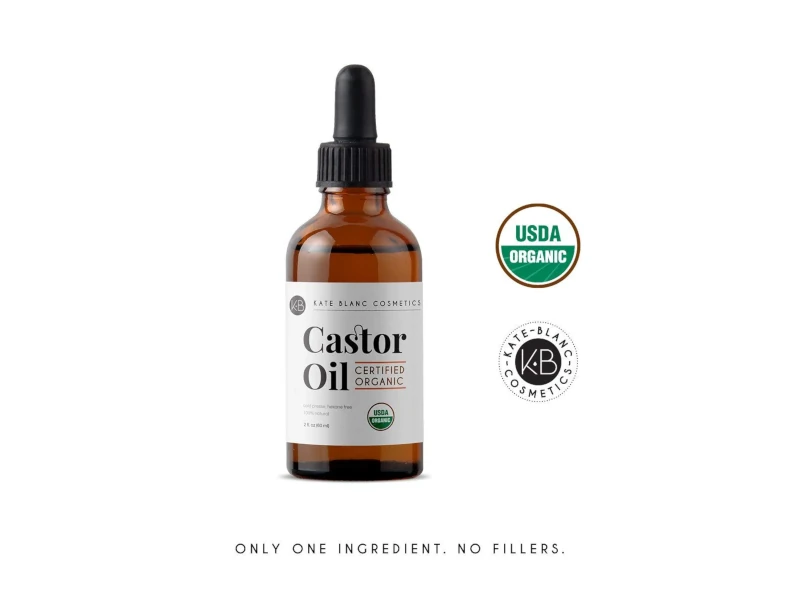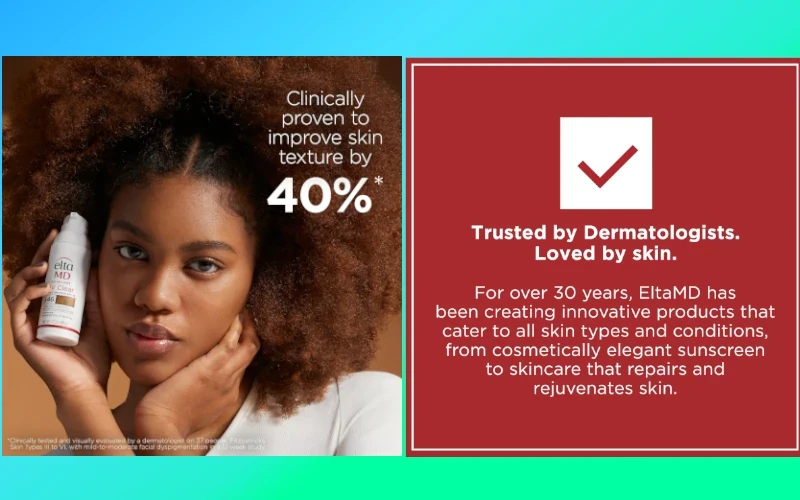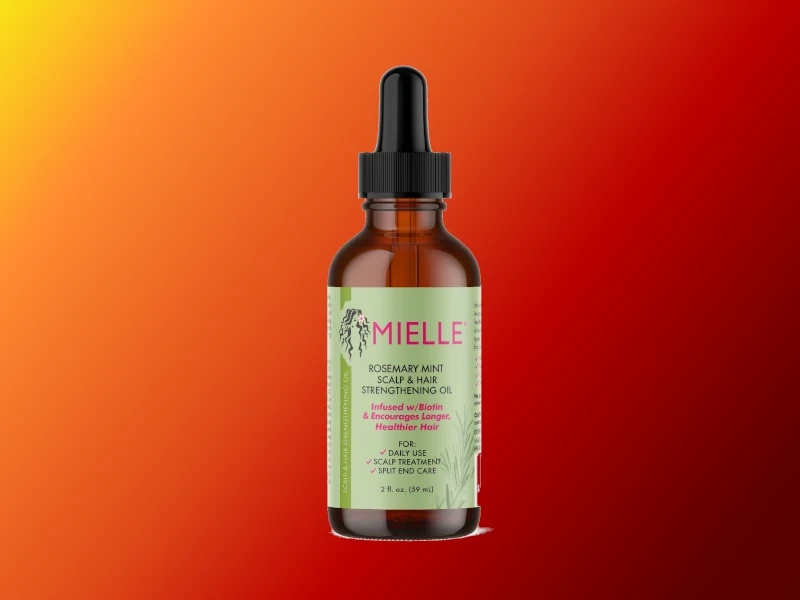Niacinamide Benefits: Niacinamide Calming Power in Skincare
Niacinamide, also known as Vitamin B3, has emerged as a powerhouse in the world of skincare. Niacinamide benefits are renowned for its versatility. Niacinamide is especially celebrated for its ability to calm and soothe the skin.

Whether you’re dealing with acne, rosacea, or general irritation, incorporating niacinamide into your skincare routine can be a game-changer. In this comprehensive guide, we’ll explore why niacinamide is considered the ultimate calming ingredient, how it works, and how to make the most of it in your daily regimen.
What is Niacinamide?
Niacinamide is a water-soluble form of Vitamin B3, an essential nutrient that plays a crucial role in maintaining healthy skin. Unlike some other active ingredients that can cause irritation or sensitivity, niacinamide is well-tolerated by almost all skin types, making it a go-to ingredient for those looking to improve their skin’s overall health without the risk of adverse reactions.
The Science Behind Niacinamide
Niacinamide works at a cellular level to improve the skin’s barrier function, enhance elasticity, and even out skin tone. It does this by stimulating the production of ceramides, which are lipids that help retain moisture in the skin. Additionally, niacinamide has anti-inflammatory properties, making it particularly effective in calming redness and irritation.
Key Niacinamide Benefits

- Reduces Inflammation: Niacinamide’s anti-inflammatory properties make it ideal for calming irritated or sensitive skin. It helps reduce redness, blotchiness, and other signs of inflammation, making it particularly beneficial for those with conditions like rosacea or acne.
- Improves Skin Barrier Function: A healthy skin barrier is essential for protecting against environmental stressors and preventing moisture loss. Niacinamide boosts the production of ceramides and other lipids that strengthen the skin’s barrier, leading to a more resilient and hydrated complexion.
- Regulates Oil Production: Niacinamide is known to balance sebum production, which is particularly helpful for those with oily or acne-prone skin. By reducing excess oil, niacinamide can help prevent clogged pores and breakouts.
- Minimizes Pore Appearance: Consistent use of niacinamide has been shown to reduce the appearance of enlarged pores, giving the skin a smoother and more refined texture.
- Brightens Skin Tone: Niacinamide helps to fade hyperpigmentation and dark spots by inhibiting the transfer of melanin to the skin’s surface. This leads to a more even skin tone and a brighter complexion.
- Anti-Aging Properties: Niacinamide stimulates collagen production, which helps to reduce the appearance of fine lines and wrinkles. It also improves skin elasticity, giving the skin a firmer and more youthful appearance.
Niacinamide in Skincare: How to Use It
Niacinamide is incredibly versatile and can be incorporated into virtually any skincare routine. It is available in various forms, including serums, moisturizers, and even cleansers. Here’s how to effectively incorporate niacinamide into your regimen:
Choosing the Right Niacinamide Product
When selecting a niacinamide product, consider your skin type and specific concerns. Serums with a concentration of 5% to 10% niacinamide are often recommended for targeted treatments, while lower concentrations can be found in moisturizers and other products designed for daily use.
How to Apply Niacinamide
- Cleanse: Start with a gentle cleanser to remove any impurities from your skin.
- Tone: Apply a toner if you use one in your routine.
- Apply Niacinamide: If using a niacinamide serum, apply it after toning. A few drops are sufficient for the entire face.
- Moisturize: Follow up with a moisturizer to lock in hydration.
- SPF: During the day, always finish with a broad-spectrum sunscreen to protect your skin from UV damage.
Niacinamide and Sensitive Skin
One of the standout features of niacinamide is its compatibility with sensitive skin. Unlike some active ingredients like retinol or vitamin C, niacinamide is gentle and non-irritating, making it suitable for those with reactive skin. It can be used in conjunction with other skincare ingredients, further enhancing its appeal.
Niacinamide for Acne-Prone Skin
Niacinamide is particularly beneficial for those with acne-prone skin. Its ability to regulate sebum production helps reduce the likelihood of clogged pores, which are a common cause of breakouts. Moreover, niacinamide’s anti-inflammatory properties can soothe active acne, reducing redness and swelling associated with pimples.
Niacinamide and Hyperpigmentation
Hyperpigmentation, including dark spots and uneven skin tone, is a common concern for many people. Niacinamide can play a pivotal role in addressing these issues by inhibiting the transfer of melanin to the surface of the skin. Over time, consistent use of niacinamide can lead to a more even complexion and a reduction in the appearance of dark spots.
Niacinamide for Anti-Aging
As we age, our skin naturally loses collagen and elastin, leading to the formation of fine lines and wrinkles. Niacinamide helps to combat these signs of aging by stimulating collagen production. Additionally, its ability to improve the skin’s barrier function helps to retain moisture, which is crucial for maintaining a youthful, plump appearance.
Niacinamide and Specific Skin Conditions

- Niacinamide for Rosacea: Rosacea is a chronic skin condition characterized by redness, swelling, and sometimes acne-like bumps. Niacinamide’s anti-inflammatory properties make it a beneficial ingredient for managing rosacea. It helps to calm the skin, reduce redness, and strengthen the skin’s barrier, which is often compromised in those with rosacea.
- Niacinamide for Eczema: Eczema is another condition that can benefit from niacinamide. Eczema sufferers often have a weakened skin barrier, leading to dryness and irritation. Niacinamide helps to restore the skin’s barrier, locking in moisture and reducing the severity of eczema flare-ups.
- Niacinamide for Hyperpigmentation: Individuals dealing with post-inflammatory hyperpigmentation (PIH) from acne, melasma, or sun damage can benefit from niacinamide’s skin-brightening effects. By reducing the transfer of pigment to the skin’s surface, niacinamide helps to fade dark spots and even out the skin tone.
Combining Niacinamide with Other Skincare Ingredients
Niacinamide is a highly versatile ingredient that pairs well with a variety of other skincare actives. Here are some combinations that can enhance your skincare routine:
Niacinamide and Hyaluronic Acid
Combining niacinamide with hyaluronic acid is a powerful way to boost hydration while calming the skin. Hyaluronic acid draws moisture into the skin, while niacinamide strengthens the barrier, ensuring that hydration is locked in. This duo is ideal for those with dehydrated skin.
Niacinamide and Retinol
Retinol is a potent anti-aging ingredient, but it can sometimes irritate, especially in sensitive skin. Niacinamide can help mitigate these effects by soothing the skin and reducing inflammation. Using these two ingredients together can maximize the anti-aging benefits while minimizing potential irritation.
Niacinamide and Vitamin C
Vitamin C is known for its brightening and anti-aging properties, but it can be irritating to some skin types. Niacinamide can help balance the effects of Vitamin C, making it more tolerable while enhancing its skin-brightening benefits. This combination is excellent for tackling hyperpigmentation and dullness.
Niacinamide Myths Debunked

Despite its popularity, some misconceptions about niacinamide need to be addressed:
Myth 1: Niacinamide and Vitamin C Can’t Be Used Together
One of the most common myths is that niacinamide and Vitamin C can’t be used together because they cancel each other out. However, this is outdated information. Modern formulations allow these two ingredients to work synergistically without reducing their efficacy.
Myth 2: Niacinamide Causes Skin Purging
Skin purging is a temporary increase in breakouts that can occur when starting a new skincare product. While ingredients like retinol can cause purging, niacinamide does not have this effect. If you experience breakouts when using niacinamide, it may be due to another ingredient in the product or a reaction unrelated to purging.
Myth 3: Niacinamide is Only for Oily Skin
While niacinamide is excellent for regulating oil production, it is beneficial for all skin types, including dry and sensitive skin. Its ability to strengthen the skin barrier and retain moisture makes it a valuable ingredient in any skincare routine.
Conclusion
Niacinamide is a versatile and powerful ingredient that can address a wide range of skin concerns, from inflammation and redness to hyperpigmentation and aging. Its gentle nature makes it suitable for all skin types, including individuals with sensitive skin. Whether you’re dealing with acne or rosacea, or simply looking to improve your skin’s overall health, niacinamide can be a valuable addition to your skincare routine.
Niacinamide, also known as Vitamin B3, has emerged as a powerhouse in the world of skincare. Renowned for its versatile benefits, niacinamide is especially celebrated for its ability to calm and soothe the skin. Whether you’re dealing with acne, rosacea, or general irritation, incorporating niacinamide into your skincare routine can be a game-changer. In this comprehensive guide, we’ll explore why niacinamide is considered the ultimate calming ingredient, how it works, and how to make the most of it in your daily regimen.
Trust in your purchase:
Every product featured on our site has been carefully researched and selected based on quality, customer ratings, and positive reviews to ensure you receive excellent value for your money.
Please note:
This post contains affiliate links. If you make a purchase through these links, we may earn a small commission at no additional cost to you. This helps support our site and allows us to continue bringing you valuable content. Thank you!
Thank you for your precious time spent with AestheticThrive.
Source:
- Niacinamide’s powerful benefits for your skin
https://curology.com/blog/niacinamides-powerful-benefits-for-your-skin/ - What to Know About Niacinamide Skin Care
https://www.webmd.com/beauty/what-to-know-about-niacinamide-skin-care - Niacinamide: Skin Care Benefits, Uses, Side Effects
https://dermcollective.com/niacinamide-benefits/






